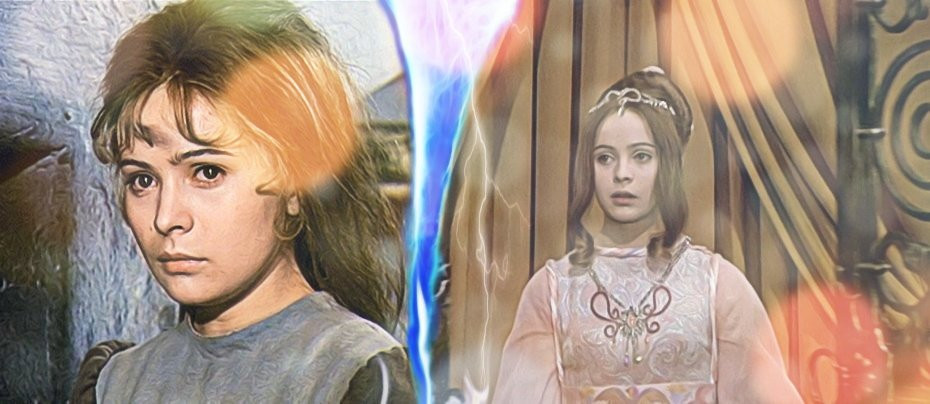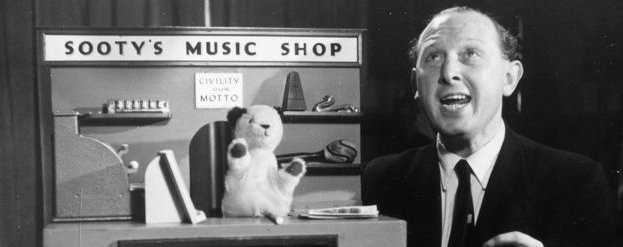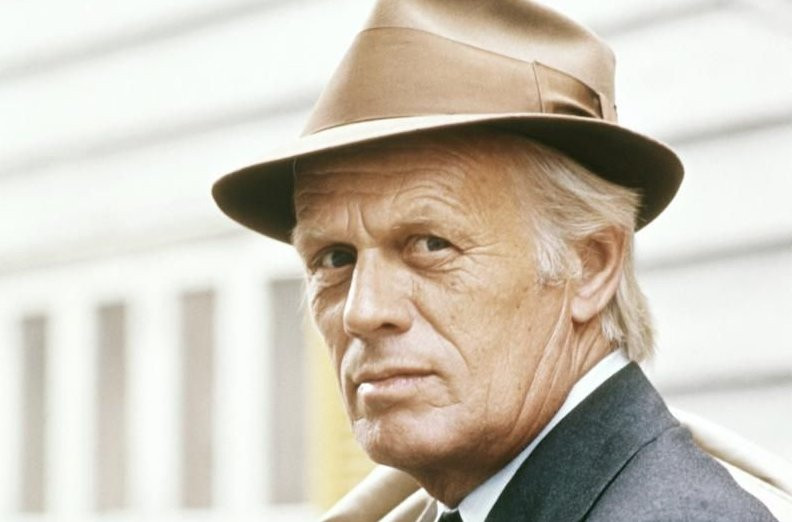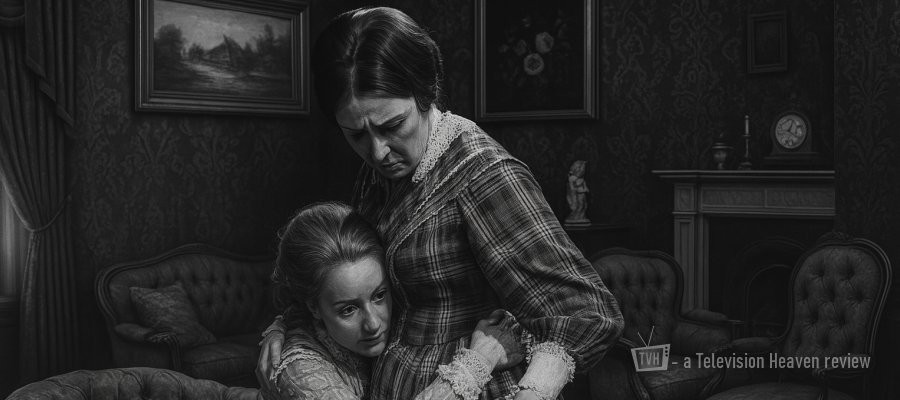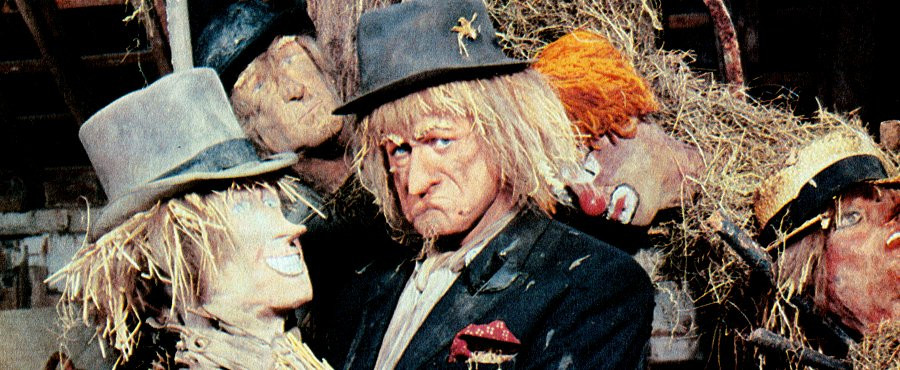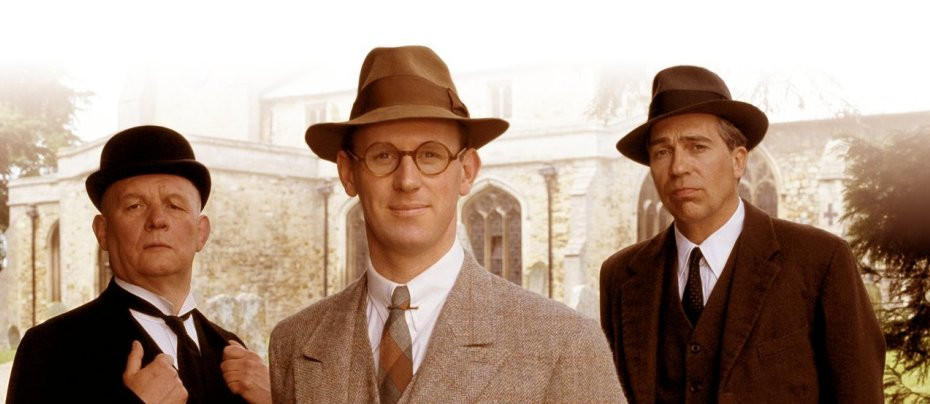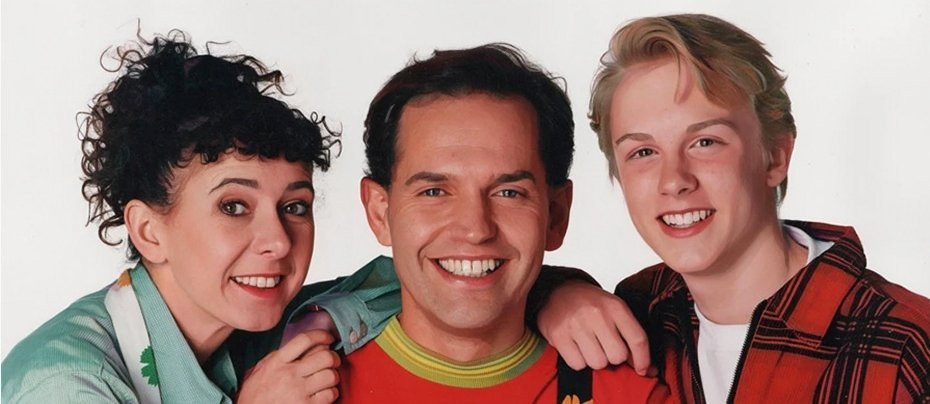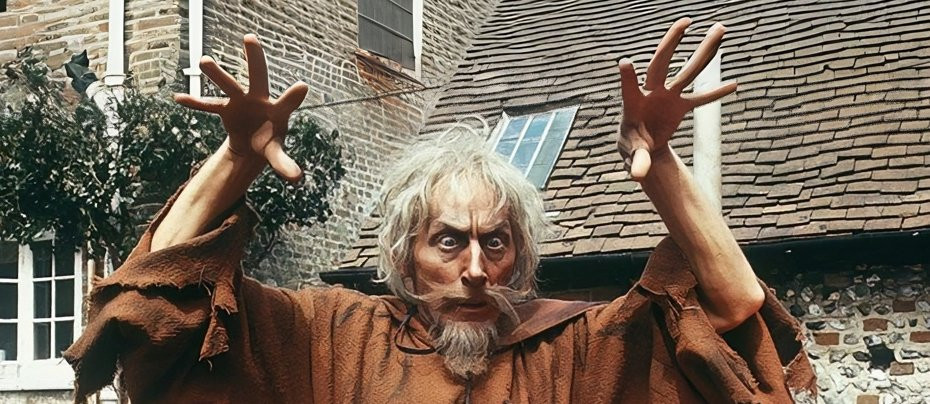
Catweazle
1970 - United KingdomYet another creation from the imaginatively fertile mind of gifted actor/writer Richard Carpenter (The Ghosts of Motley Hall - Dick Turpin). Over the course of two seasons the adventures of the scruffy eccentric 11th century wizard Catweazle, and his efforts to escape the bewildering experiences of being trapped in the 20th century, amused and delighted both adults and children alike.
Played with skill and great charm by the ever-excellent Geoffrey Bayldon, Catweazle is an unhygienically manipulative, spoiled, egotistical creation made likeable by his almost child-like sense of wonder at the technological trappings of the modern age in which he initially finds himself trapped, whilst attempting to use magic to discover the means of flight. Seeing the world through Catweazle's eyes, everyday items became things of wonder and excitement. To Catweazle even the most basic of everyday objects are astounding, an electric light bulb, referred to as 'electrickery', is the sun itself captured and placed in a bottle by modern magic. Taken for granted by the modern audience a telephone becomes a 'telling bone' and therefore takes on a new sense of wonder. The young viewing audience embraced these everyday objects and bestowed upon them the ultimate accolade of becoming school yard catchphrases.
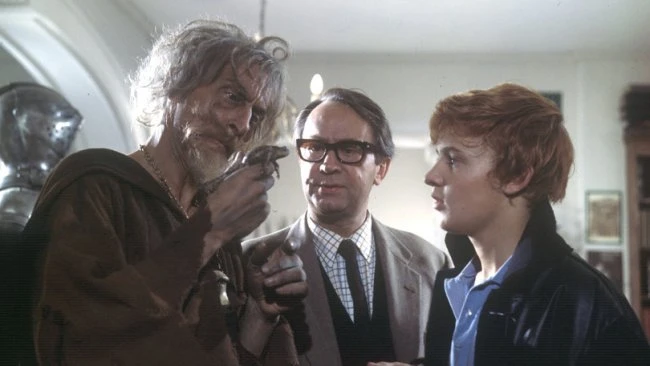
Carpenter's use of the time travel concept was merely an imaginative means by which he explored the true meaning of deeper issues such as friendship, trust and loneliness, within the framework of what was ostensibly a genuinely funny situation comedy/fantasy. In the relationship between Catweazle and the farmer's son Carrot, (Robin Davis) in season one and latterly the young aristocrat Cedric (Garry Warren), the normal roles between adult and child are cleverly reversed, with the skittish, irresponsible magician taking on the mantle of the dependent child to the actual physical adolescent's much more modern day, worldly-wise persona.
In a decade which saw many fine examples of children's television, Catweazle has easily withstood the ravages of time to emerge as a quality series which is as good now as it was when originally broadcast. Many of us grew up watching the misadventures of the misplaced magician. Thankfully, few, if any of us, have ever truly outgrown him.
Seen this show? How do you rate it?
Seen this show? How do you rate it?
Published on December 3rd, 2018. Written by Humar for Television Heaven.



